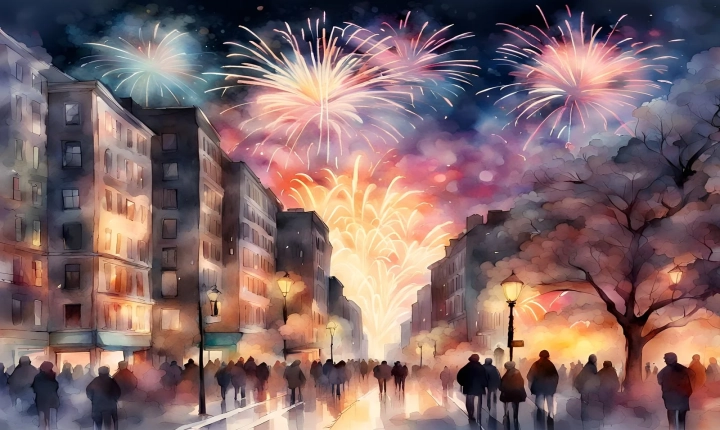Title: How to Obtain AI Generated Images: A Guide for Beginners
With advancements in artificial intelligence (AI), the ability to generate realistic images using AI has become more accessible than ever before. Whether you are a designer, marketer, or simply interested in exploring the potential of AI-generated images, there are several methods and tools available to help you obtain these stunning visuals. In this article, we will explore some of the ways you can get AI-generated images and the potential benefits of incorporating them into your creative projects.
Utilizing AI-Powered Image Generators
One of the most straightforward ways to obtain AI-generated images is by using AI-powered image generators. Several online platforms and software tools offer easy-to-use interfaces that allow users to create custom images by simply inputting text or selecting various parameters. These tools utilize deep learning algorithms to generate visually appealing images based on the input provided.
Some popular AI-powered image generators include OpenAI’s DALL·E, which is capable of creating images based on textual prompts, and RunwayML, a platform that provides a range of AI models for image generation and manipulation. These tools offer a user-friendly experience and can be a great starting point for those looking to experiment with AI-generated images.
Generating Images with GANs and Neural Networks
For more technically inclined individuals, delving into the world of Generative Adversarial Networks (GANs) and neural networks can provide a deeper understanding of the underlying technology behind AI-generated images. GANs, in particular, have gained significant attention for their ability to produce highly realistic images by pitting two neural networks against each other in a competitive manner.
While working with GANs and neural networks may require a foundational understanding of machine learning principles and programming skills, there are several open-source frameworks and libraries available, such as TensorFlow and PyTorch, that make it possible for enthusiasts to experiment with creating their own AI-generated images.
Collaborating with AI Artists and Designers
Another avenue for obtaining AI-generated images is to collaborate with AI artists and designers. With the growing community of creative professionals specializing in AI-generated art, there are opportunities to commission or license unique AI-generated visuals for specific projects. By reaching out to AI artists and designers, individuals and organizations can access a diverse range of AI-generated images tailored to their specific needs, whether it’s for digital marketing campaigns, artistic endeavors, or product design.
Benefits of Incorporating AI-Generated Images
The use of AI-generated images offers a range of benefits across various industries. For designers and marketers, AI-generated visuals can streamline the creative process, providing inspiration and generating high-quality imagery that aligns with specific brand aesthetics. By leveraging AI-generated images, businesses can also differentiate themselves from competitors and create compelling visual content that resonates with their target audience.
Additionally, AI-generated images can be used in areas such as virtual reality (VR) and augmented reality (AR) experiences, where realistic visuals are crucial for creating immersive environments. Furthermore, the ability to generate images based on textual descriptions opens up new possibilities for visual storytelling and content creation, making it easier to bring concepts and ideas to life in a visually compelling manner.
In conclusion, obtaining AI-generated images is no longer a daunting task, thanks to the advancements in AI technology and the availability of user-friendly tools and resources. Whether you choose to utilize AI-powered image generators, explore GANs and neural networks, or collaborate with AI artists and designers, incorporating AI-generated images into your projects can elevate the visual impact and unlock new creative possibilities. As AI continues to evolve, the potential for generating stunning and realistic images will only continue to expand, offering endless opportunities for those willing to explore this exciting intersection of technology and art.
